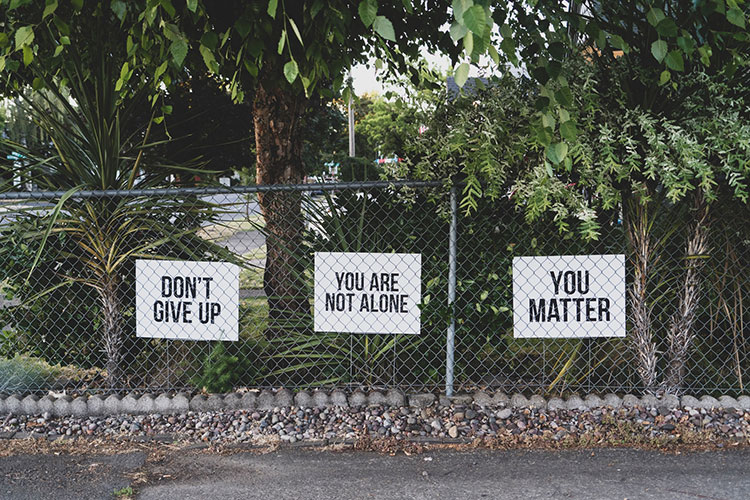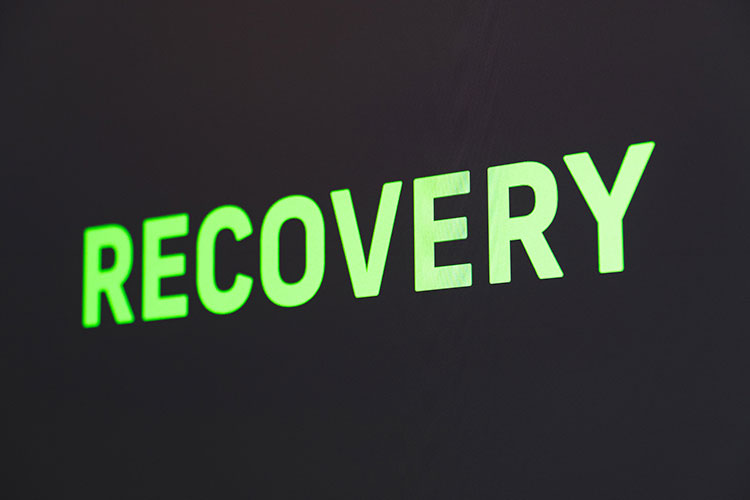It may be hard to convince someone they need help. Even if sometimes it seems like they acknowledge the problem and agree they need assistance in overcoming the issue, their addiction talks otherwise. Every time they are on withdrawal, their urge to take the drug tells them multiple reasons not to stop, starting with the unbearable physical condition that claims to be fixed instantly. If you have such a person around and you care for them and have been trying to help already, you’ve heard all those ill-motivated excuses and weird reasons why they need to continue using. So, how to convince someone to go to therapy if they don’t seem to agree they need it? Read more to get some useful tips on what you could do.
Spotting the signs of addiction
Start with observation to ensure they really need help. The signs of addiction are easy to spot, with the main of them being the addicted person’s refusal to see the problem. While their addiction may have already changed their behavior, appearance, and habits, they may not be aware of it or blame the changes on general life circumstances. Before you approach them, spot clear signs of addiction, namely:
- Altered behavior
- Broken sleep patterns
- Changes in appetite
- Weight changes
- Personal hygiene neglected
When you clearly see all these are present, consider offering help, and we will tell you how to arrange it in the best way possible.
4 Ways to convince someone to go to rehab
Talks like that are usually a sensitive topic to the person in question, and you may expect an unpredictable reaction to follow your attempt to even bring up the subject. That’s why you need some preparations to be made before you step forward.
Do your research
Prepare yourself for the conversation by learning everything about their addiction. Study the causes, signs, and worst outcomes not only to better understand what you are trying to save them from but to know how they feel. It’s hard to find an addict who’s never heard of the danger their addiction poses to them. Some part of them is already aware they have an issue, while they may be impressively stubborn with acknowledging the problem. You need to be ready to speak clearly and understand what they say in response, so take some time and do your homework on how to get someone to rehab. Look for a rehabilitation facility that implements a therapy-intensive program with proven effectiveness. Ledgehill Treatment Centre provides evidence-based treatment techniques to address mental health disorders, addiction, and other concurrent challenges.
Set up an intervention
Get someone to back you up on the matter. It will be easier to voice the problem if you’re not the only one who sees it. At the same time, it would be harder for the addicted person to deny it if they see a group of people who love them concerned about the same issue. Choose people carefully; pick ones the addicted person loves and trusts. The intervention is never pleasant, but it is possible to make it bearable with the right circle.

Show compassion
As we’ve already mentioned, you can expect all kinds of emotions in response; from pure remorse to angry claims to keep your nose out of their business. You shouldn’t take it too seriously, as the behavior of an addict is hugely influenced by their addiction. Be patient and show compassion; accusations and blaming won’t serve the purpose and will only make things worse.

Remain objective and in control of your emotions
You should remain the one who thinks clearly and unbiased. The goal you need to achieve here is not only to make them agree to accept professional help but go through all the stages of addiction treatment. Don’t try to make it look easier than it is for them, be honest, supportive, and calm. Help them make the decision by demonstrating you do realize the way is not a walk in the park, but show them you believe they can manage.

Rehab center in Serbia
Choosing the right place to treat the addiction is important as the problem takes a lot to be resolved. Consider the VIP Vorobjev Clinic, which offers comfortable accommodation, 24-hour medical assistance, and all the needed procedures to help patients fully recover from their addiction and get back to a healthy life.

Leave a Reply